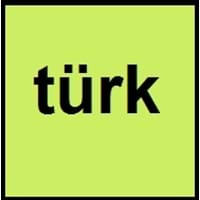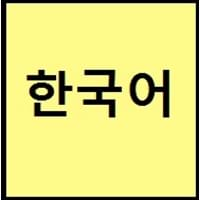Turkish and Korean
- Turkish language oldest written records are found upon stone monuments in Central Asia, in Orhun, Yenisey and Talas regions.
- Turkish language was developed in the Middle East, streching all the way to Eastern Europe.
- Korean has borrowed words from English and Chinese.
- Korean has two counting systems. First, is based on Chinese characters and numbers are similar to Chinese numbers, and second counting system is from words unique to Korea.
All Turkish and Korean Dialects
Most languages have dialects where each dialect differ from other dialect with respect to grammar and vocabulary. Here you will get to know all Turkish and Korean dialects. Various dialects of Turkish and Korean language differ in their pronunciations and words. Dialects of Turkish are spoken in different Turkish Speaking Countries whereas Korean Dialects are spoken in different Korean speaking countries. Also the number of people speaking Turkish vs Korean Dialects varies from few thousands to many millions. Some of the Turkish dialects include: Azerbaijani Turkish, Crimean Turkish. Korean dialects include: Jeju , Gyeongsang. Also learn about dialects in South American Languages and North American Languages.
Turkish and Korean Speaking population
Turkish and Korean speaking population is one of the factors based on which Turkish and Korean languages can be compared. The total count of Turkish and Korean Speaking population in percentage is also given. The percentage of people speaking Turkish language is 0.95 % whereas the percentage of people speaking Korean language is 1.14 %. When we compare the speaking population of any two languages we get to know which of two languages is more popular. Find more details about how many people speak Turkish and Korean on Turkish vs Korean where you will get native speakers, speaking population in percentage and native names.
Turkish and Korean Language Codes
Turkish and Korean language codes are used in those applications where using language names are tedious. Turkish and Korean Language Codes include all the international language codes, glottocodes and linguasphere.





